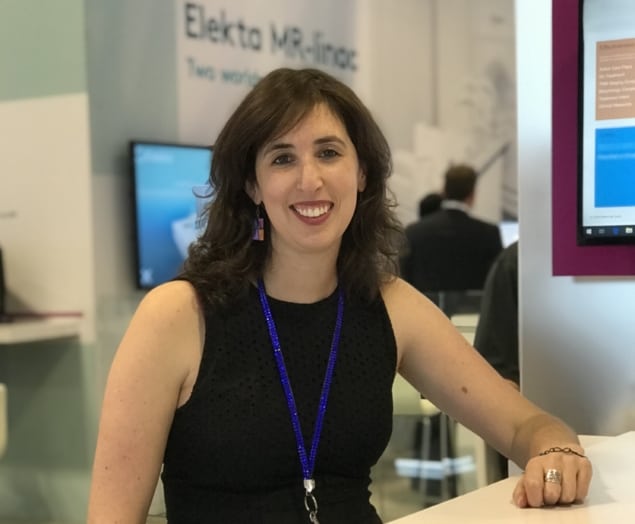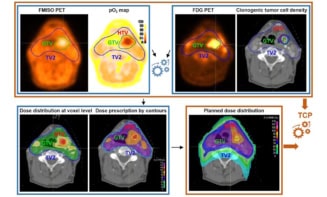Jude Dineley interviews Sandra Fisher, a medical physics specialist who wears many hats working at Elekta. Fisher is one of eight physicists profiled as part of a specially commissioned article on forging a career in medical physics.

Starting out in her physics role at Elekta, a global provider of cancer-treatment technology including linacs, Sandra Fisher provided remote high-level technical support. Moving from a hands-on job as an accredited radiotherapy physicist in a busy Sydney clinic, she had flickers of doubt. These days, however, she has no regrets. “It has opened up so many doors and opportunities,” says Fisher.
Technical support turned out to be rewarding work, helping multiple clinics – in contrast to her clinical role in a single department. “Every single time you answer the phone it’s something different, because you now have many hospitals calling you for advice.” Fisher’s role has since evolved, influenced by her experience as an Elekta customer. “One of the key areas that I felt that was lacking here in Australia was linac training for physicists,” she says. Addressing this need, Fisher implemented a five-day course for those new to Elekta linacs, to enthusiastic feedback from hospitals.
Fisher also provides physics expertise to potential customers before sales discussions begin. A few steps later, she supports clinical physicists installing new accelerators, “essentially to hold people’s hands while they wrap their heads around their new technology”. As much of her work is practical and face-to-face, Fisher often travels all over the world. While there are only a few radiotherapy vendors, the companies are global and job opportunities are out there, says Fisher. Once a candidate is in , jobs like hers can also lead to non-physics roles such as product management and sales.



